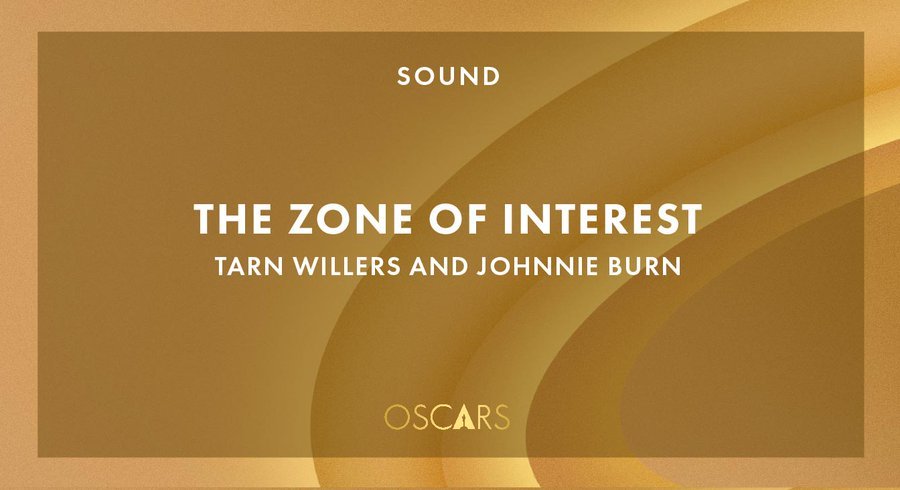A Haunting Win: “The Zone of Interest” Chills the Oscars with Historic Victory
The 2024 Oscars were a night of glitz, glamour, and unexpected chills. While the red carpet sizzled with A-list celebrities, a dark horse emerged from the shadows to claim a historic victory. “The Zone of Interest,” a British-made, German-language Holocaust drama, sent shivers down spines as it became the UK’s first-ever winner in the Best International Feature category.
Directed by the enigmatic Jonathan Glazer, the film delves into the unsettling heart of darkness. We don’t see the horrors directly, but rather witness them through the chillingly mundane lens of a Nazi family living adjacent to Auschwitz. The tension builds like a slow-burning fuse, as the banality of their domestic life clashes with the unspeakable atrocities happening just beyond their doorstep.
The suspense lies not in jump scares or graphic violence, but in the unsettling disconnect. The film forces us to confront the banality of evil, the way monstrous acts can become part of a horrifyingly ordinary life.
Glazer masterfully crafts an atmosphere of dread. The idyllic setting of the family home becomes a sinister facade, the chirping birds a grotesque counterpoint to the smoke rising from the death camp. We’re constantly on edge, waiting for the inevitable moment when the two worlds collide.
A Whisper in the Dark
Whispers surrounded “The Zone of Interest” from the start. Glazer, known for his visually stunning and unsettling films, refused to reveal much about the plot, only hinting at its exploration of complicity and the insidious nature of evil. This secrecy fueled speculation, with rumors swirling about its graphic content and unflinching portrayal of the Holocaust.
More Than Just a Movie
The film’s chilling victory resonated beyond the glitz of Hollywood. Glazer’s acceptance speech was a powerful call to action. He spoke out against the ongoing conflict in Gaza, drawing a chilling parallel between the horrors depicted in his film and the violence plaguing the region today. His words hung heavy in the air, a stark reminder that history, however uncomfortable, has a way of repeating itself.
A Haunting Legacy
“The Zone of Interest” may not be for the faint of heart, but its win is a significant one. It serves as a chilling reminder of the darkest chapters of human history and the importance of staying vigilant against the rise of hate. The film leaves its audience profoundly disturbed, a testament to its power to confront uncomfortable truths and leave a lasting impact.
Have you dared to experience “The Zone of Interest?”
Is it a film that sparks conversation or one that should be left buried in the past? Share your thoughts in the comments below, but be warned: this is one movie that will stay with you long after the credits roll.**
The film’s victory is a milestone, not just for the UK, but for a different kind of war story. It proves that true suspense can be found not in explosions, but in the quiet unraveling of humanity in the face of unimaginable evil.
But the win also raises questions. Is director Glazer using his acceptance speech to draw parallels to a current conflict? His condemnation of the ongoing violence in Gaza adds another layer of unease to the night.
“The Zone of Interest” is a film that will stay with you long after the credits roll. It’s a haunting reminder of the darkness that can lurk beneath the surface of normalcy, a chilling exploration of how easily we can become complicit in the face of atrocity.





